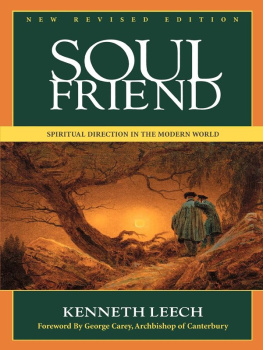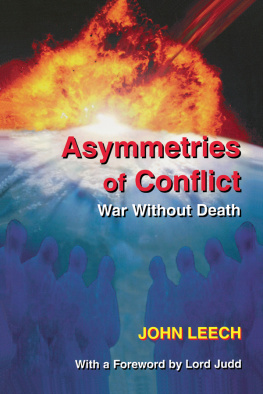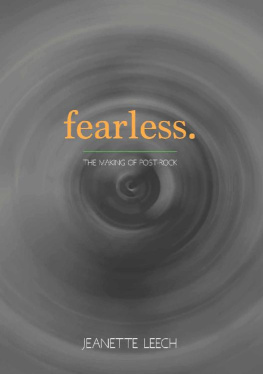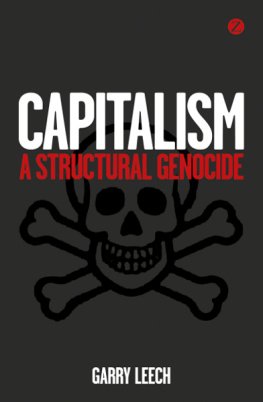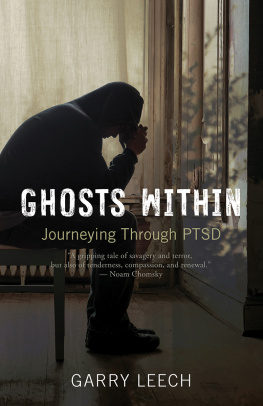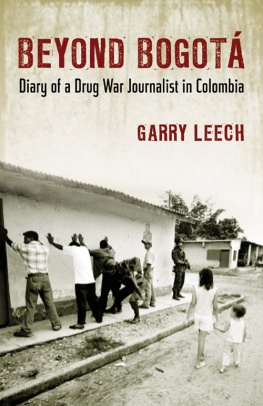RACE
Race
Kenneth Leech

First Published in Great Britain in 2005
2005 by Kenneth Leech
All rights reserved.
All rights reserved. No part of this book may be reproduced or transmitted in any form or by any means, electronic or mechanical including photocopying, recording, or by any information storage and retrieval system, without permission in writing from the publisher.
Church Publishing does not necessarily endorse the individual views contained in its publications.
A catalog record for this book is available from the Library of Congress.
ISBN: 0-89869-495-7
Church Publishing, Incorporated.
445 Fifth Avenue
New York, New York 10016
5 4 3 2 1
This book is dedicated to the memory of my dear friend and mentor
RUTH GLASS (19121988),
for many years Director of the Centre for Urban Studies at University College, London, who inspired and nourished many of us to struggle, intellectually, politically and passionately, for racial justice
Contents
Preface
The questions which arise around the words race and racism are global, immense and complex. They need careful and sustained attention at many levels. This small study restricts its concerns to issues arising in the United Kingdom (UK), with allusions to my experience of teaching in, and visits over some thirty years to, the United States of America (US). I hope that people with a wider knowledge of race internationally, or with a different knowledge based on experience elsewhere, will make the necessary connections with, and contrasts to, their own situation. A small book cannot do everything, and I have felt it wise to focus on those areas which I know best. To do so is, in my experience, often to open doors to wider networks of thought and understanding, and to throw light on places very remote from the immediate context which provoked the work. To think locally can be a way of thinking globally. Rowan Williams once remarked that we all learn our Christianity with a local accent: it is equally true to say that we all experience racism and other forms of injustice within a local context. At a certain point it is vital that connections are made with wider issues and struggles elsewhere, but if this is done too early, it is counterproductive. In order for connections to be made, there must be something to connect. So we need to begin to engage and struggle with issues where we are in order to move on. This is what I have tried to do in this book.
I want, therefore, to explore questions around the themes of race and racism from a number of perspectives. I write as a white man with all the privileges accompanying that identity and position, and all the limitations in relation to the experience of racism which it brings. I write also as a Christian priest, whose life and ministry has, for much of the time, been spent in neighbourhoods which are mainly Muslim. I write as one who has encountered these realities at a practical level over some forty years of urban ministry, mostly in the East End of London, one of the most racially mixed areas in the world. I shall move from the personal to the historical, from the political to the scientific, from culture to religion, from the statistical to the experiential, and so on, I hope in a way which is not confusing. I am increasingly convinced that these matters cannot be seriously dealt with in a compartmentalized way, but only by the transgression of boundaries, by moving across artificial frontiers, and by allowing conventional assumptions to come under judgement. My aim is to raise questions, expose confusions and complexities, and contribute to the shaping of a well informed social conscience within the framework of the Christian tradition. At the same time, I hope this book will be of value to those who stand outside the Christian community. I want to think aloud, not to present a final solution the very phrase should set off massive warning bells but to point to areas where we should be thinking, rethinking, acting and reflecting. This is not a field where there are simple responses, but I believe that there are guidelines and values which we ignore at our, and others, peril.
I am deeply grateful to many people who have, over many years, helped me to understand these issues better. In my early years in London at the end of the 1950s, I was greatly helped by (former Communist councillor) Solly Kaye, the late Fr Neville Palmer, SSF, the late Kathleen Wrsama, and the late Edith Ramsey. Much of my early thinking about race and racism was clarified, expanded and challenged when I chaired the student Joint Action Committee Against Racial Intolerance (JACARI) at Oxford University in 19623. I learnt a great deal in those years from student colleagues, many of whom have since attained academic and other distinction Marieke Clarke, Professor Wendy James, the late Dr Sebastian Poulter, Katharine Reeves, Bishop David Russell, and Professor David Welsh. My years as Race Relations Field Officer of the Church of Englands Board for Social Responsibility (19817) and as Director of the Runnymede Trust (198790) helped me to gain a wider perspective on many issues.
I am also, more generally but massively, grateful to many comrades and friends in the East End of London and elsewhere with whom I have been involved for many years in struggles against the monster of racism. In particular I am grateful to the following who have, perhaps without knowing it, helped to develop, encourage, challenge and critique my thinking on a range of issues: Kinsi Abdulleh, the late Caroline Adams, the late Tassaduq Ahmed, Hamza Alavi, Bodrul Alom, Kaushika Amin, Julia Bard, Janet Batsleer, Chetan Bhatt, Mavis Fernandes, Professor Bill Fishman, Elaine Foster, Gerry Gable, Professor Paul Gilroy, the late Professor Ruth Glass, Paul Gordon, Savi Hensman, Shirajul Hoque, the late Archbishop Trevor Huddleston, CR, the Revd Emmett Jarrett, Dan and Denise Jones, Solly Kaye, Trisha Mata, Canon Paul Oestreicher, the Revd Eve Pitts, Dr Linda Powell, the late E. J. B. (Jim) Rose, David Rosenberg, Siraj Salekin, Anne Scheibner, A. Sivanandan and the staff of the Institute of Race Relations, Abbas Uddin, Baroness Pola Uddin, Rafique Ullah, Vron Ware, Claire Weingarten, and Julie Wood.
1 Humanitys Most Dangerous Myth? The idea of race
Prince Charles spoke to me. He said, Whats it like living in Bangladesh? I said, Dunno, never been there. So he said, Whats it like living round ere? And I said, S all right.
(Seven-year-old Bengali boy in an East London school)
The use of race as a proxy is inhibiting scientists from doing their job of separating and identifying the real environmental and genetic causes of disease.
(Editorial in Nature Genetics, October 2004)
As I was writing this chapter (October 2004), a major analysis of the human genome in relation to race was published in the journal Nature Genetics. Researchers at Howard University in Washington DC had concluded (though they were hardly the first to do so) that race was a biologically meaningless concept. Every human being shares over 99.9 per cent of her or his DNA with everyone else, while the tiny variations which remain differ more within ethnic groups than between them. There was, the researchers concluded, no human population that fitted the biological definition of a race. According to this research, conventional concepts of race are dangerously misleading and should be abandoned (Nature Genetics, 2004, pp. S3 ff.).
This research confirmed, and gave a more solid scientific basis to, already existing findings, rather than saying something new. Although we use the word race frequently, and loosely, it is in fact, in the way we use it, quite modern. Over forty years ago Ashley Montague wrote a book called
Next page

